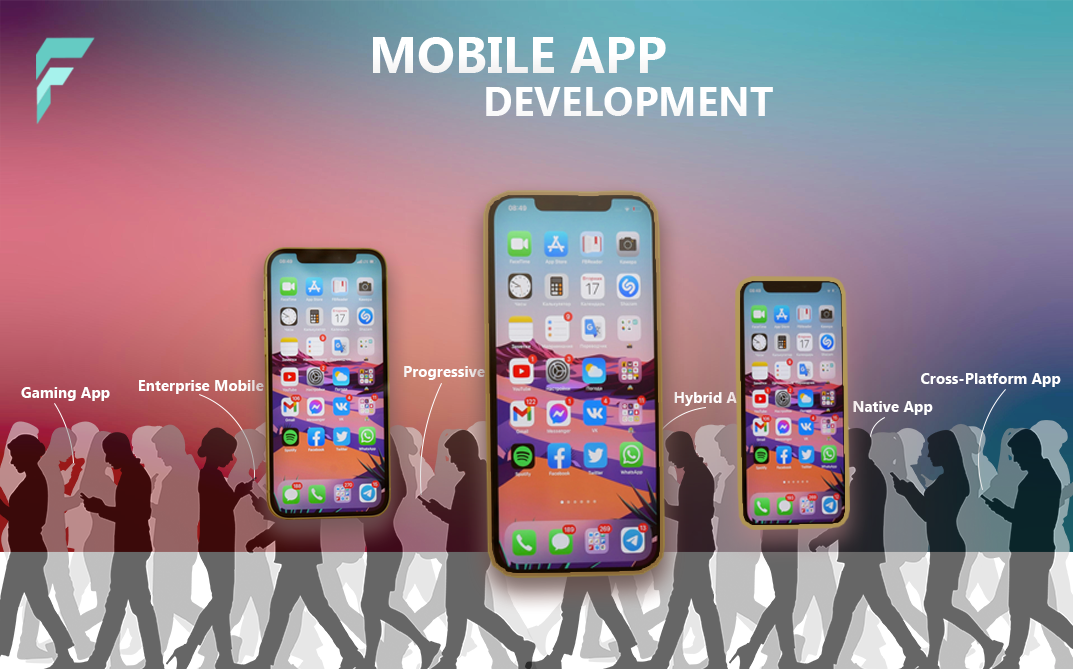Blockchain-Based Mobile App Development
Discover blockchain-based mobile app development—learn key benefits and follow a step-by-step guide to building secure, decentralized apps
Discover blockchain-based mobile app development—learn key benefits and follow a step-by-step guide to building secure, decentralized apps
Blockchain technology has revolutionized various industries by providing decentralized, secure, and transparent digital solutions. Mobile app development is no exception, as blockchain integration enhances security, transparency, and data integrity. Businesses are increasingly adopting blockchain-based mobile applications for secure transactions, identity verification, and data protection.

Integrating blockchain into mobile applications offers numerous advantages, making them more secure, efficient, and reliable.
Blockchain technology is transforming various sectors by offering secure and transparent solutions. Some popular use cases include:
Building a blockchain-based mobile application requires a structured approach to ensure a smooth and efficient development process. Follow these steps to create a successful blockchain-powered app:
Despite its advantages, blockchain integration in mobile apps presents challenges that developers must address.
To ensure the success of a blockchain-based mobile application, developers should follow best practices that enhance security, efficiency, and usability.
The adoption of blockchain technology in Mobile app development continues to grow, driven by advancements in security, scalability, and usability. Future trends include:
Blockchain technology is transforming mobile applications by enhancing security, transparency, and decentralization. As businesses continue to explore blockchain-powered solutions, the future holds immense potential for innovation and efficiency.

Choose F12 Technologies for industry-leading mobile app solutions designed to boost engagement, efficiency, and growth for your business.
We tailor our services to meet your specific requirements, ensuring innovative and impactful solutions that help you achieve your goals.
Contact Us